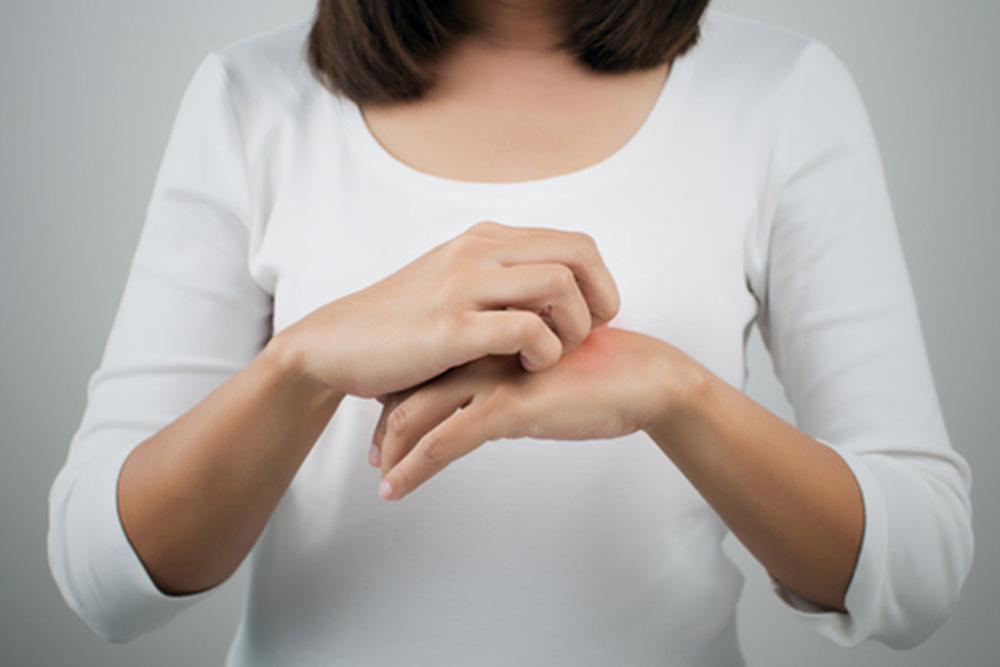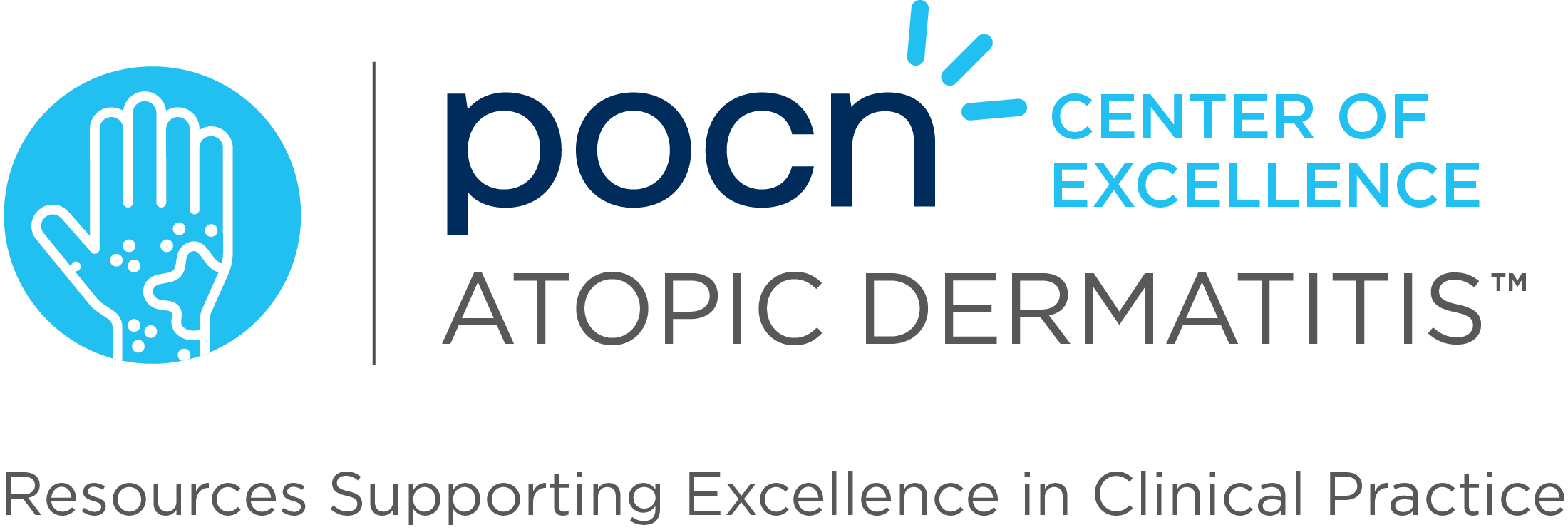Rethinking Diets in Atopic Dermatitis: Insights for Better Management

A recent survey of nearly 300 parents of children with atopic dermatitis (AD) found that while 42% identified food triggers for their child’s condition, elimination diets often fell short of expectations.
Navigating Atopic Dermatitis: Evolving Treatments and the Path Toward Personalized Care

Atopic dermatitis (AD) is a chronic inflammatory skin condition affecting a significant portion of children and adults, with prevalence varying based on demographics and endotype complexities. Conventional treatments often rely on topical therapies, such as corticosteroids and calcineurin inhibitors, with systemic therapies recommended for more severe cases.
Plant-Based Therapy Shows Promise in Reducing Itch and Improving Quality of Life in Atopic Dermatitis

Zabalafin hydrogel (AB-101a), a novel plant-based therapeutic, has shown promising interim results for treating atopic dermatitis (AD) in both pediatric and adult patients. A recent study highlights Zabalafin’s ability to rapidly reduce itch and improve quality of life.
Study Shows Dupilumab Reduces Risk of Atopic March Progression in Pediatric Patients With Atopic Dermatitis

Researchers of a study found that dupilumab treatment significantly reduces the risk of atopic march progression in pediatric and adolescent patients with atopic dermatitis (AD). The retrospective cohort study compared 2,192 pediatric patients newly treated with dupilumab to an equal number of patients receiving conventional therapies.
Decade of Atopic Dermatitis Research Highlights Advances and Gaps in Treatment and Prevention

Dermatology Times highlighted significant research in atopic dermatitis (AD) over the past decade. Researchers Peter Arkwright and Jennifer Koplin reviewed 14,406 peer-reviewed publications on AD from the last 10 years, accounting for 46% of all AD-related articles since 1948. The research predominantly focused on treatment, with biologics comprising 33% of all publications. Prevention strategies, such as the use of moisturizers, probiotics, and breastfeeding, were also extensively studied, although findings have been mixed. While early studies suggested moisturizers might prevent AD, larger trials found no significant benefit. Similarly, research on probiotics and breastfeeding showed varied results, highlighting the need for more consistent and robust studies.
Dupilumab Significantly Lowers Atopic March Risk in Pediatric Patients With Atopic Dermatitis

A study found that dupilumab treatment significantly reduces the risk of atopic march progression in pediatric and adolescent patients with atopic dermatitis (AD). Dupilumab, a monoclonal antibody targeting the interleukin-4 receptor alpha, addresses allergic inflammation and reverses epidermal abnormalities linked to atopic march risk. In a retrospective cohort study, researchers compared pediatric patients newly treated with dupilumab to those receiving conventional therapies. The 3-year cumulative incidence of atopic march progression was notably lower in the dupilumab group (20.09%) compared to the conventional therapy group (27.22%). The study also revealed that dupilumab reduced the risk of developing asthma and allergic rhinitis, particularly in preschool-aged children.
Dupilumab Shows Promise for Treating Atopic Hand and Foot Dermatitis in Phase 3 Trial

Systemic treatment options for patients with atopic hand and/or foot dermatitis (H/F AD) are limited despite the high disease burden. This study aimed to evaluate the efficacy and safety of dupilumab in treating H/F AD using specific instruments to assess disease severity on hands and feet. In a multicenter phase 3 trial, adults and adolescents with moderate-to-severe H/F AD were randomized to receive either dupilumab monotherapy or a matched placebo. The primary endpoint was the proportion of patients achieving a Hand and Foot Investigator’s Global Assessment score of 0 or 1 at week 16, with secondary endpoints assessing symptom intensity, quality of life, and sleep.
Researchers Propose Tailored Vaccine to Combat Bacteria-Driven Eczema in Children

A multi-disciplinary team from Ireland’s Trinity College Dublin suggest a “tailored vaccine” could affectively tame bacteria-driven eczema in children. The researchers have identified new cellular targets for a vaccine by furthering their understanding of the immune response in cases of eczema caused by Staphylococcus aureus.
Study Links Atopic Dermatitis Itch to Bacteria, Not Inflammation, Suggesting New Treatment Pathways

Research revealed that the itching experienced by patients with atopic dermatitis may not be due to inflammation but instead caused by the bacterium Staphylococcus aureus and its impact on nerve cells. This novel finding challenges the common assumption that inflammation is the primary cause of itch in these patients. The study used a mouse model to test various bacteria and found that S. aureus caused itch, leading to an itch-scratch cycle, skin damage, and alloknesis, a hypersensitive response to gentle stimuli. The researchers discovered that the serine protease V8 from S. aureus triggers itch by activating the protein PAR1 on skin neurons, proposing that inhibiting V8-PAR1 signaling could be a new treatment strategy for itch.
Study Reveals Common Therapeutic Targets for Chronic Hand Eczema, Regardless of Atopic Dermatitis Status

Researchers of a study explored the molecular similarities between chronic hand eczema (CHE) patients with and without atopic dermatitis (AD). The researchers utilized tape strips to capture molecular fingerprints, revealing shared immune and barrier dysregulations among both groups. These findings suggest that despite differences in etiology, common therapeutic approaches may effectively target CHE, irrespective of AD status. The study highlighted the urgent need for long-term treatments for this debilitating condition, emphasizing its high prevalence and complex relationship with AD.

